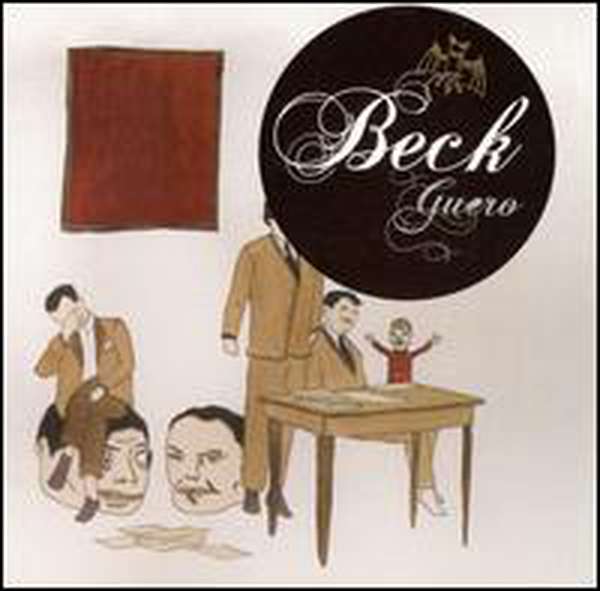For over a decade, Beck Hansen has staked his name as one of music's most eclectic and eccentric songwriters. Since his 1994 breakthrough record Mellow Gold , made famous by the living-room-recorded "Loser," Beck has continued to push the boundaries of experimental pop music. While Mellow Gold was an amazing record, it wasn't until 1996's masterpiece Odelay that Beck's true brilliance showed through. In a single, unified disc he managed to blend equal parts of pop, rock, hip-hop, folk, country, funk, blues, and dance.
Fast-forward to 2004. Beck had been absent for over two years since releasing the beautiful and tragic Sea Change. For many months fans eagerly awaited what was said to be Beck's return to a less somber sound, and his most guitar-heavy album to date. Fans had their fancy tickled a bit more when rumors that Jack White would be appearing on the album were indeed confirmed. And as if it couldn't get any better, the album was to be the triumphant return of the Dust Brothers, the dynamic duo that produced Odelay. After many months, writing, re-writing, producing, scratching, and sampling, Beck has returned in 2005 with all he's promised on Guero.
Guero opens magnificently with "E-Pro," the album's first single. Instantaneously, fans old and new (thanks O.C.) will be tapped back into Beck's playful, entertaining psyche. Sampling from the Beastie Boys, "E-Pro" introduces the album in true Beck fashion and quickly points towards a return to his Odelay sound. The album's second and third tracks "Qué Onda Guero" and "Girl," similarly follow an Odelay influenced sound. On "Missing," however, Guero hits its first speed bump. Self-standing, the song is wonderfully written, arranged, and produced, but it sounds out of place after the first three tracks. "Missing" is much more collected, calm, and arranged. Additionally, it sounds like it could have been on Sea Change but was cut because it was too upbeat.
Following "Missing," Guero takes another odd, unforeseen route. Both "Black Tambourine" and "Earthquake Weather" sound like they were tracks scrapped from Mutations. However, the subsequent, Beck-flavored-hip-hop song, "Hell Yes," again reflects Odelay. Oh but silly me, just when I thought I had a grasp on this album, "Broken Drum" slows things down with lyrics reminiscent of Sea Change, and music reminiscent of Mutations. When will the madness end?!
Finally, the pattern in Guero is apparent: It sounds less like a new album and more like a Beck's greatest hits with new songs. Each track on Guero recalls influences from a different Beck album, which in turn, hurts the album's overall flow and completeness. Independently, each track is fantastic with few disappointments, but the album's flow is a complete and utter failure in comparison with previous Beck efforts. The fact is, Guero should be referred to as an awesome collection of songs as opposed to a unified album.





